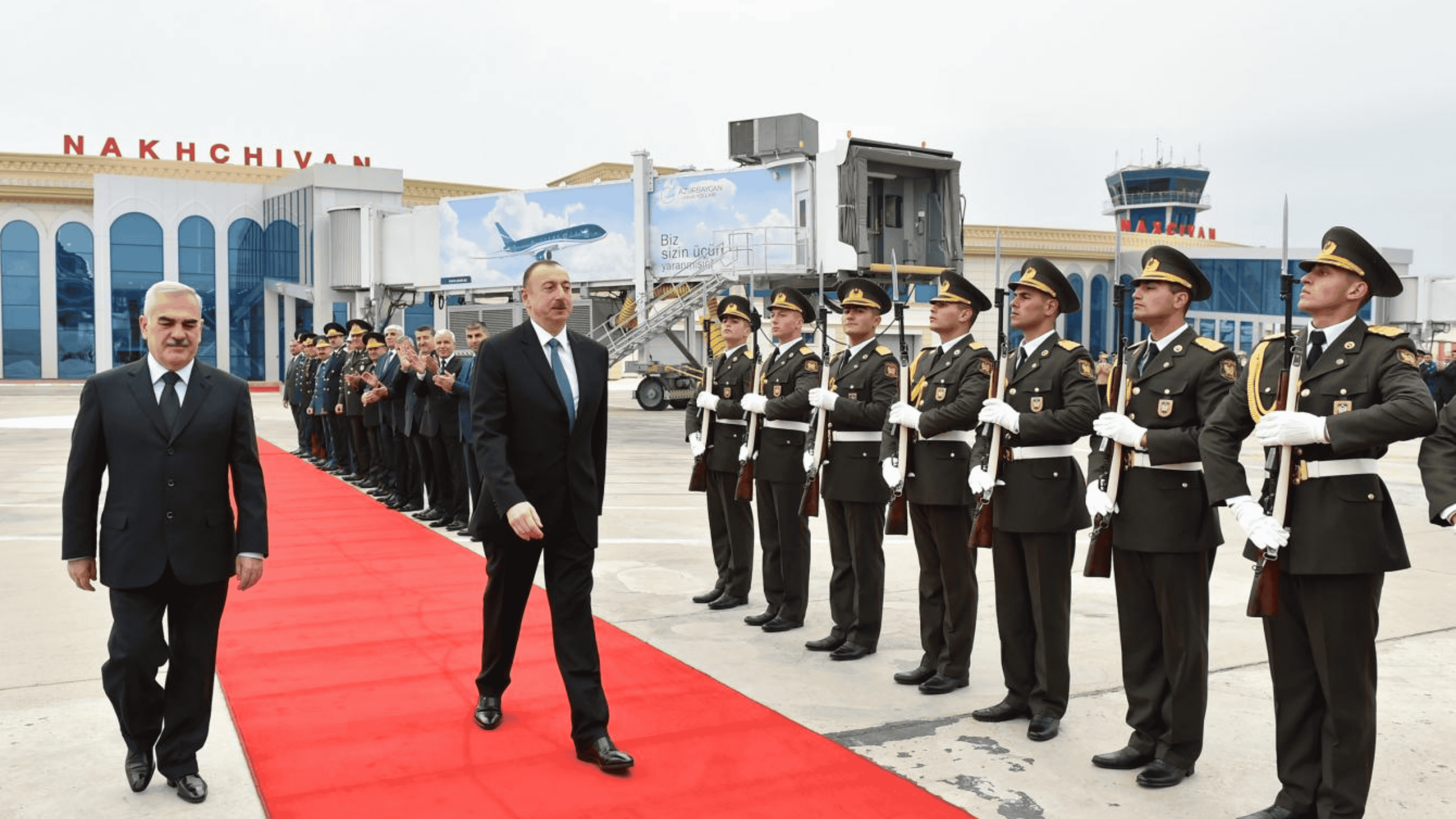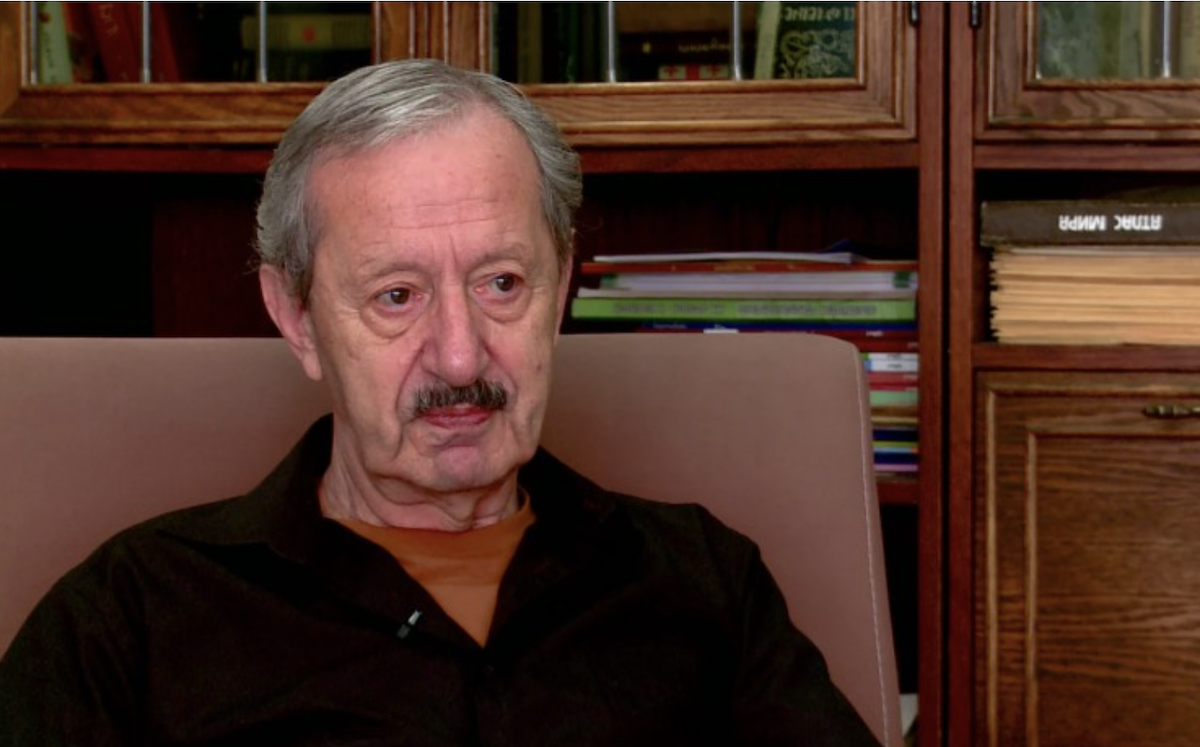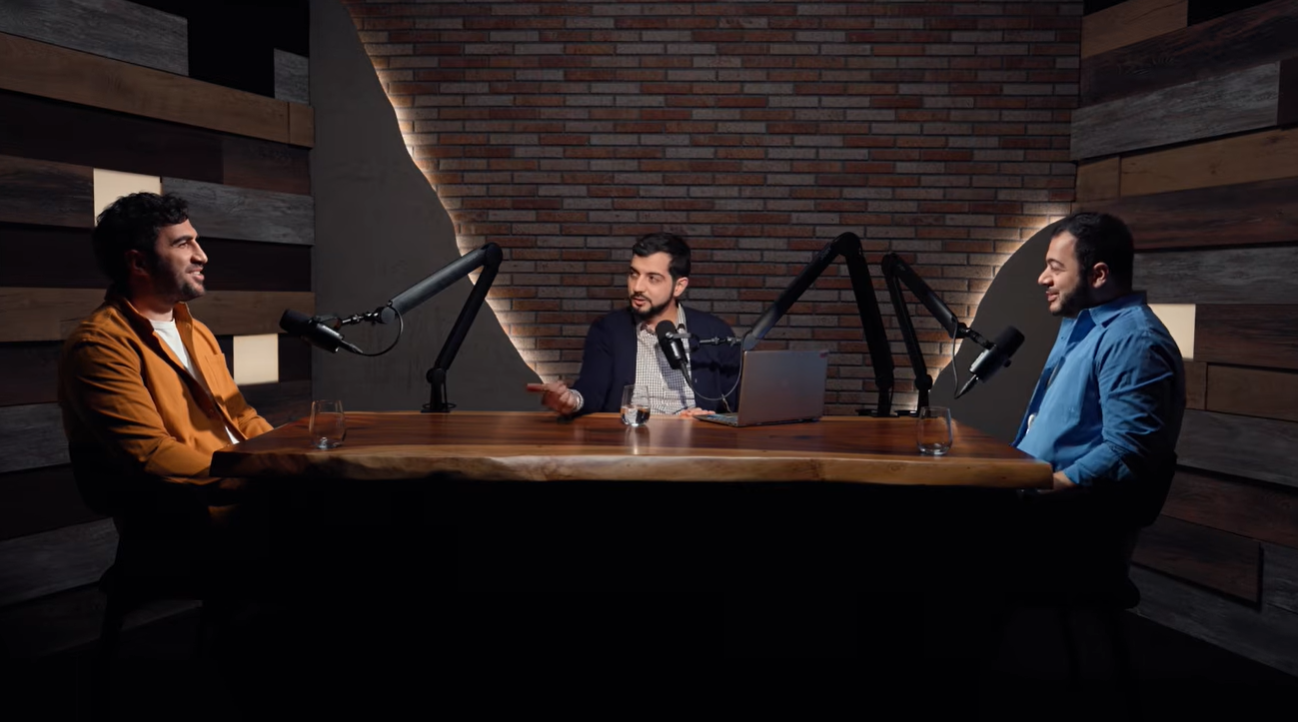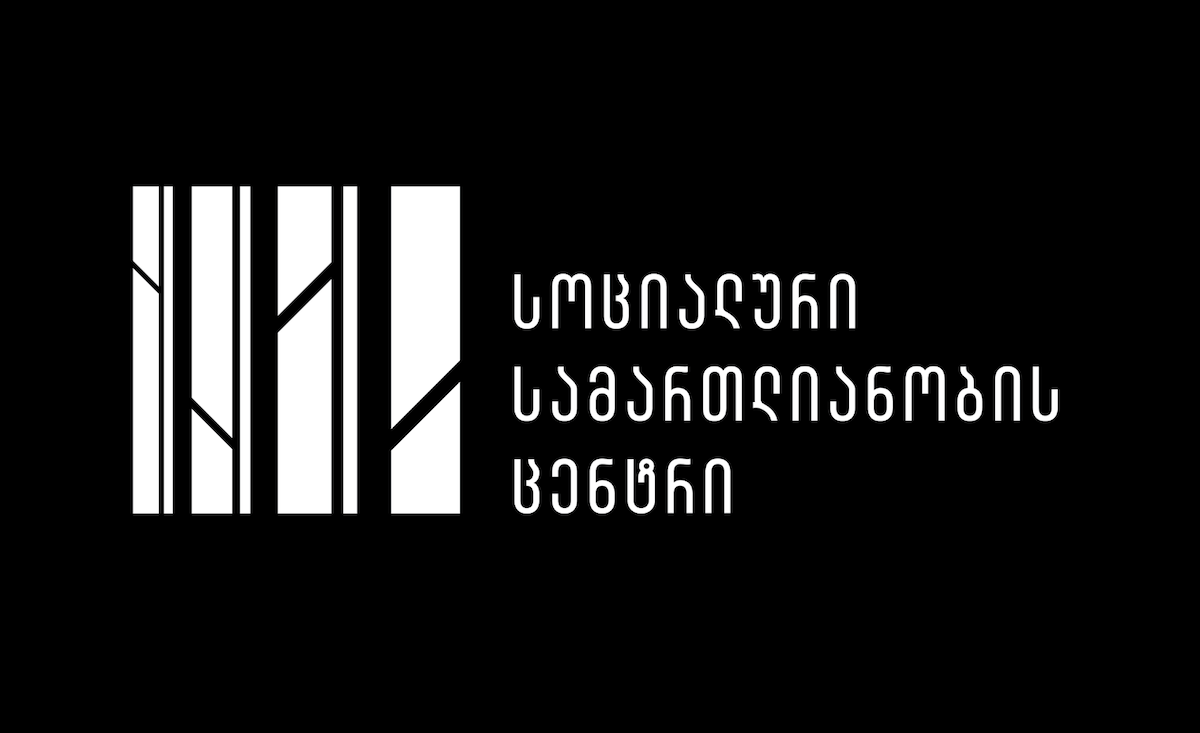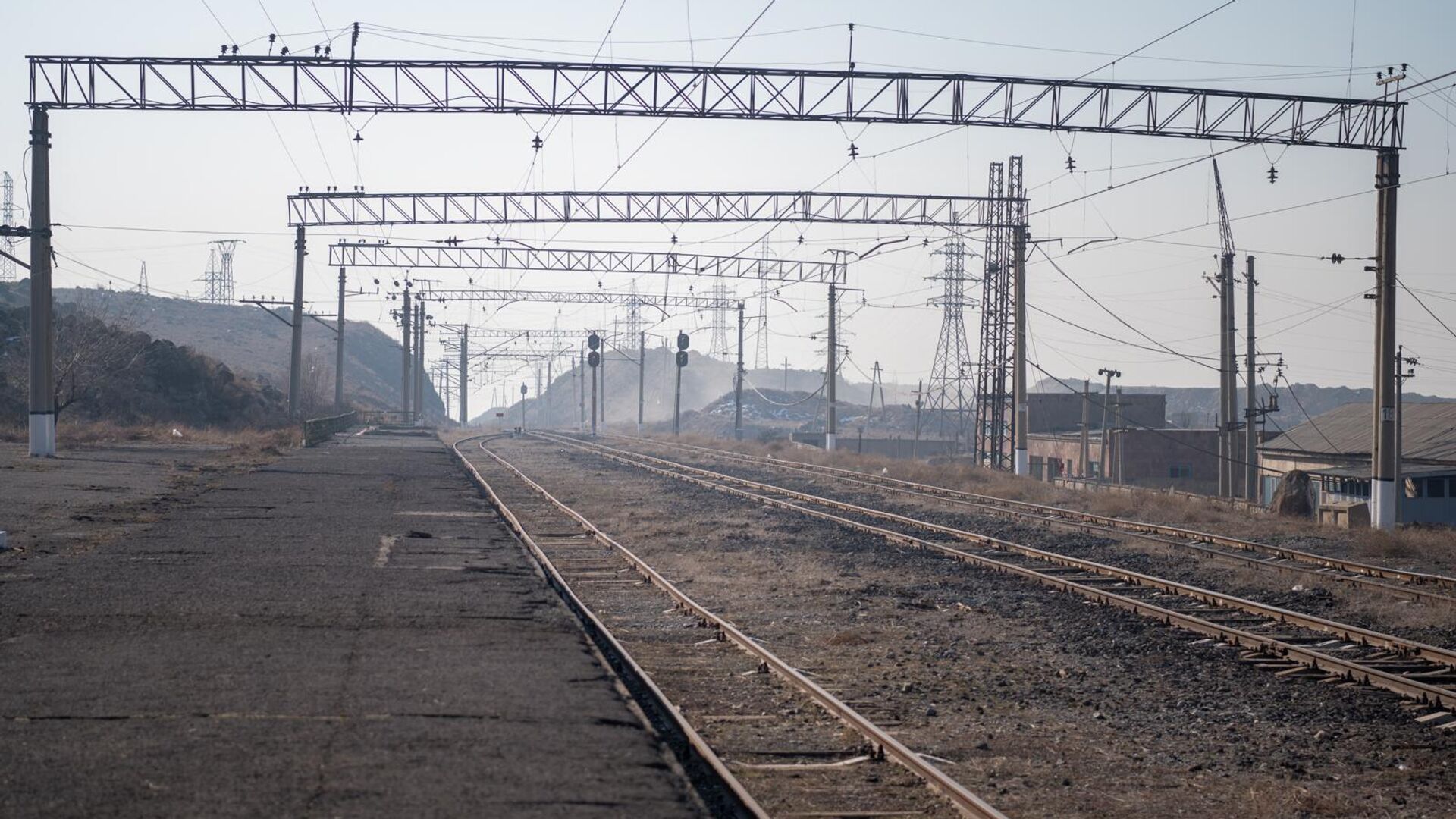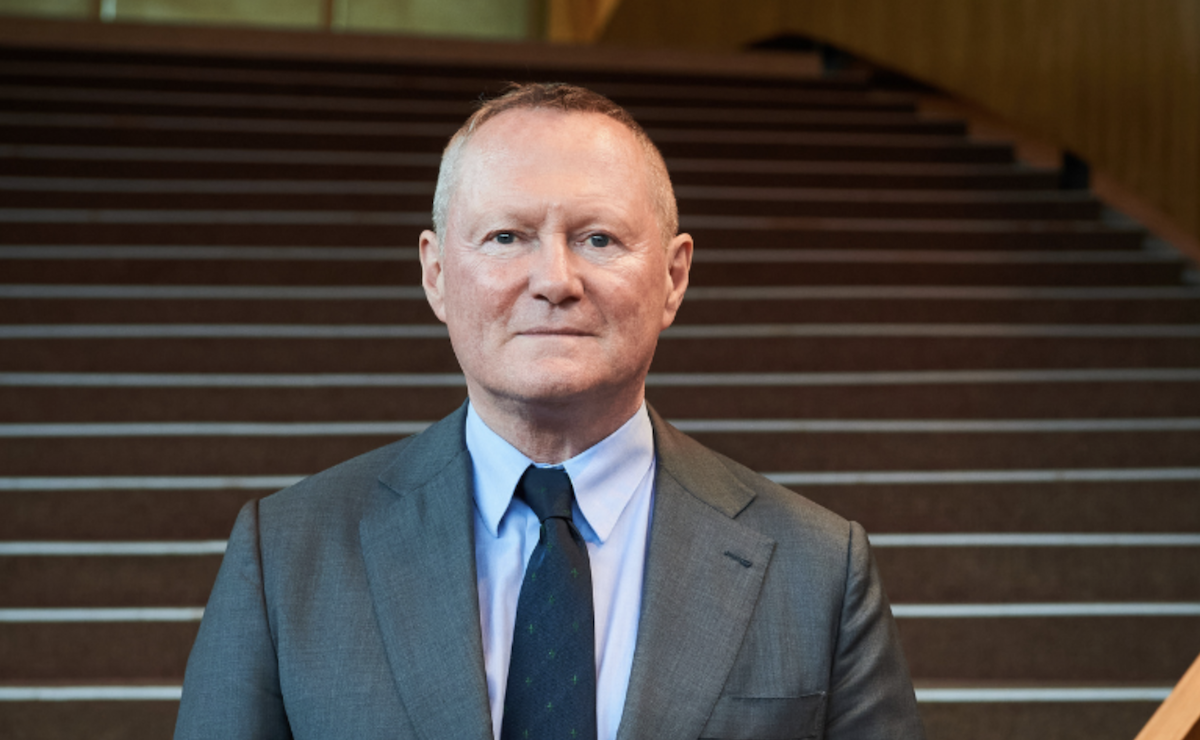Why are there no psychiatric hospitals in S. Ossetia?
To this day, there are no psychiatric hospitals in South Ossetia. After the old hospital was destroyed during the war in 2008, the new one has not yet been built. Government authorities are planning to construct one, and they even retained the staff of doctors, but there are still no proper conditions for full-fledged care for patients to be carried out.
The topic of mental disorders and their treatment in South Ossetia is delicate and rarely spoken about. Journalist, blogger, and entrepreneur Alan Parastaev told us about the attempts to address this issue.
A hospital that doesn’t exist
In Tskhinvali, when the elderly discuss how old is a certain person, one can hear them say “oh, he is from the mental hospital”. At first, I did not understand what they mean by that, but over time, the elders explained it to me and told me stories about my paternal grandfather.
Gecha Parastaev, the de facto founder and pioneer of gynecology in South Ossetia, the head of the Stalinir (Stalinir was the name of the city of Tskhinval in 1931-1961) military hospital, was also the person who, during the post-war years, secured the construction of a separate building for the maternity hospital. The building where the maternity ward used to be located served as a hospital for mentally ill patients, up until the 2008 war. That is why it is customary among residents of Tskhinvali to call those born before the transfer of the maternity hospital to a new building – “those from the mental hospital” (‘Aerradon’,’ aerray’ – mentally ill in Ossetian).
- Op-ed: what threatens the environment in South Ossetia
- South Ossetia: customs regs giving rise to food and goods crisis
A hospital for the mentally ill only existed in South Ossetia up until 2008, but during the August 2008 bombing of the city, a shell hit this historic building in the Jewish quarter and it burned down completely. Thanks to the heroic efforts of the hospital staff, all patients managed to be rescued from the burned-down building. Has anyone been rewarded for their heroism? No one really knows, exactly.
What one knows for sure is that we still do not have a hospital for mentally ill patients, although back in 2009 the press service of the Ministry of Regional Development of Russia announced that the repairments of a number of healthcare facilities, including the Republican Psychiatric Hospital, had been completed.
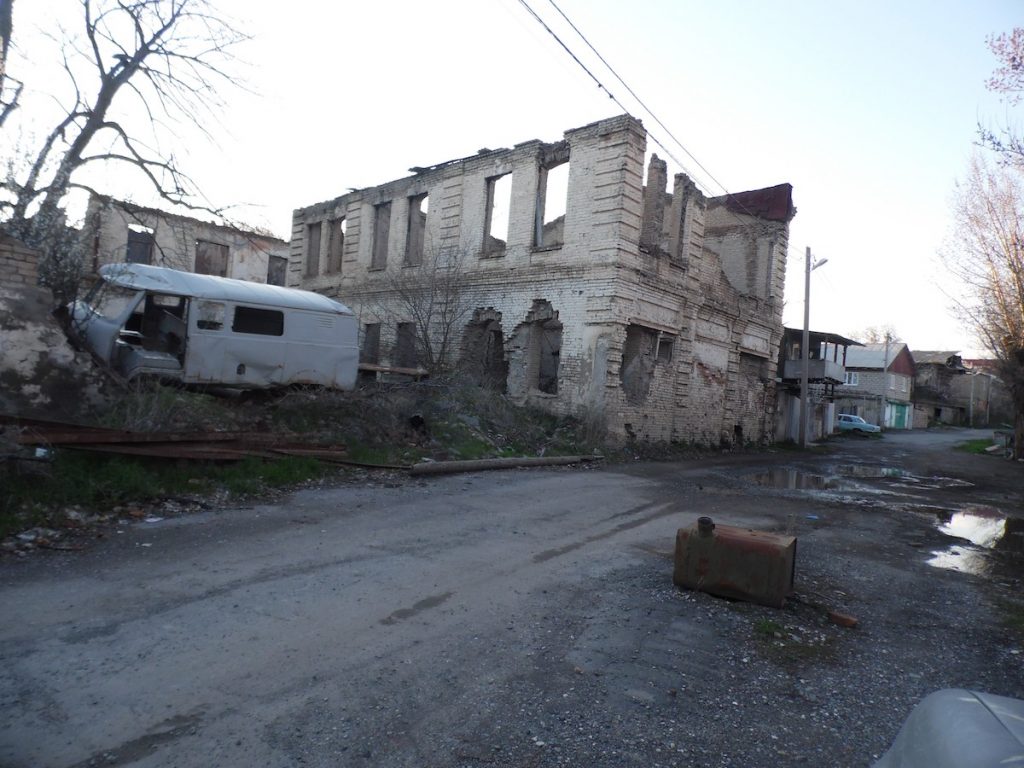
Back in 2011 and 2012, there were rumors about plans of constructing not just a hospital but a psychotherapy center in South Ossetia. The project for the construction of the psychotherapy center was presented, and one of the doctors familiar with it said that the center would have been so large it could host patients from almost an entire Transcaucasia.
The employees of the Republican Psychiatric Hospital, despite the absence of the hospital itself, have not been lost their jobs or salaries but were merely placed in other medical facilities.
Having been recently elected as a president two years ago, Anatoly Bibilov, met the former staff of the Republican Psychiatric Hospital and assired them that none of them would lose their jobs:
“We will assign you to other medical institutions, and, thus, you will not lose your jobs and will be able to continue to work”, Bibilov said.
At the same time, the president’s proposal was supported by doctors, and the Minister of Health and Social Development Georgy Totchiev confirmed that most of the hospital’s employees could be reemployed in the medical and social center, which will be commissioned in April 2018. Georgy Totchiev also emphasized the need to build a new psychiatric hospital.
As of right now, patients who suffer from especially severe illnesses are now being taken to Russia, to the specialized institutions in North Ossetia where they receive treatment. However, there is a clear need to carry out the preventive work and provide assistance to those whose mental disorder has not yet become severe, as well as those who do not need hospitalization.
After so many years of permanent wars and political instability, mental disorders, neuroses, and stress are common in our country. The psychotherapist who spoke with me argued that the percentage of mental illnesses among our citizens is simply off-scale and there is a catastrophic lack of specialists to assist them.
Psychological assistance
However, there are also some positive shifts in the right direction. Mental disorders are often caused by psychological problems but right now we have practically no psychologists that residents of Russia or those living in the Western countries can turn to.
But over the last two years, there has been more and more information on the opening of the psychological cabinets, and private practitioners are now receiving patients and working with children. This year, the Center for Psychological Assistance supported by President Anatoly Bibilov and created on the initiative of Kosta Dzugaev [former chairman of the South Ossetian parliament] on the basis of the ‘Adamon Nyfs’ public organization opened in South Ossetia.
About two years ago, “Adamon Nufs” began to implement the project entitled Psychologists for the Health of the Nation, and free psychological assistance was being offered in the office of this organization. Candidate of psychology, associate professor, and practicing psychologist Larisa Khabaeva, who came from North Osseria was receiving patients there. In the newly established Center, Larisa Muratovna will continue to work and help those in need of psychological assistance.
Inga Kusraeva is a psychologist and with the support of the Children’s Charitable Foundation ‘Give Wings, for three years now she has been working in the specialized class for children with disabilities, Down syndrome, autism, delayed speech, or mental development. For her work, Kusraeva received the Youth of the Year 2019 award in the Social Worker category.
Russian specialists also worked with children from this class. In December 2019, neuropsychologist Dmitry Ermolaev and his colleagues, defectologist, and psychologist Alexey Bulantsev, visited South Ossetia. As Alexey Bulantsev said then, parents often hide children with disabilities and reluctantly go out in public with them. Due to the reluctance to discuss this topic, many parents do not know which way to go:
“We communicate with parents and advise them on how to behave at home. The behavior of the parents is very important for the process of achieving an effective result”, the psychologist believes.
Terms, place names, opinions and publication ideas do not necessarily coincide with those of JAMnews or its individual employees. JAMnews reserves the right to remove comments on posts that are deemed offensive, threatening, violent or otherwise ethically unacceptable.










